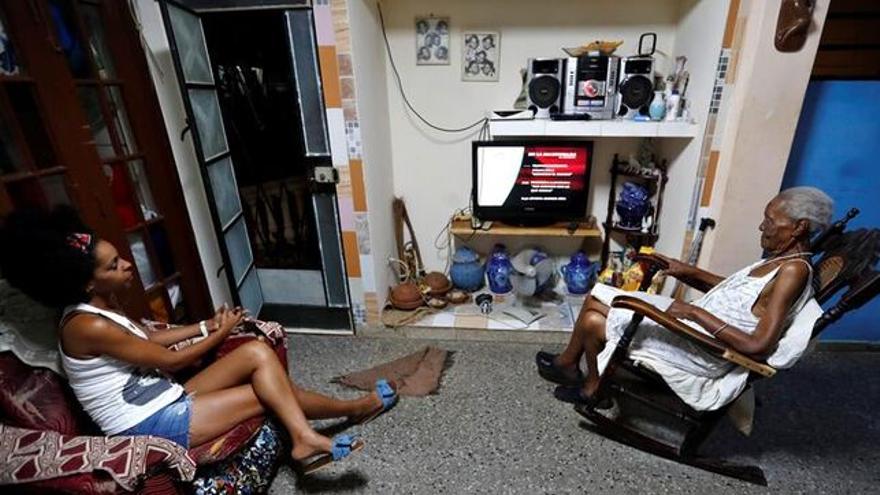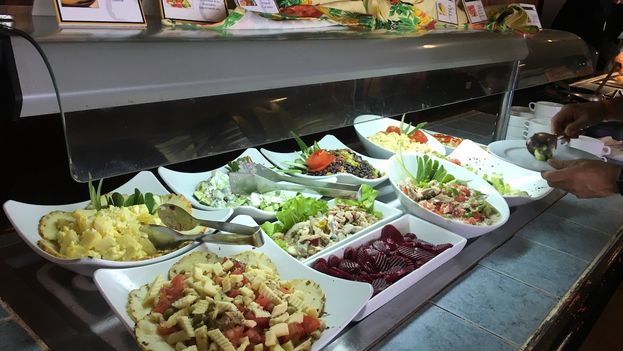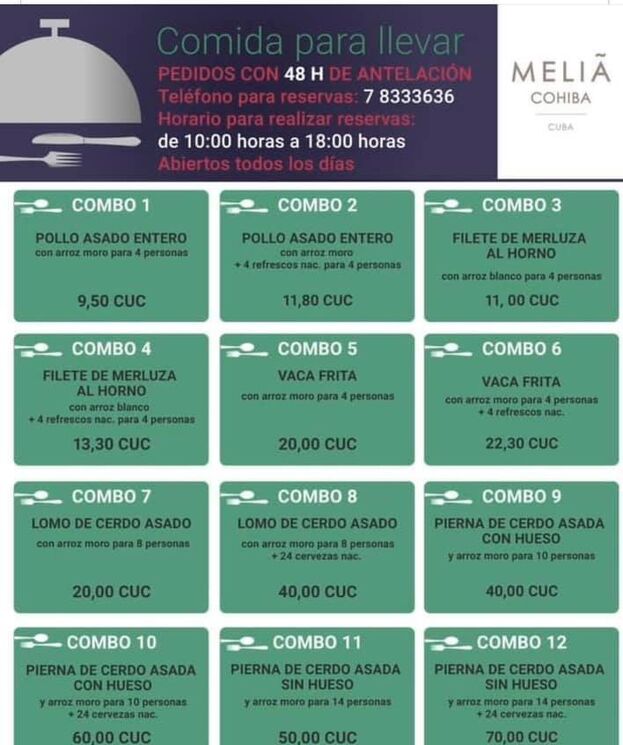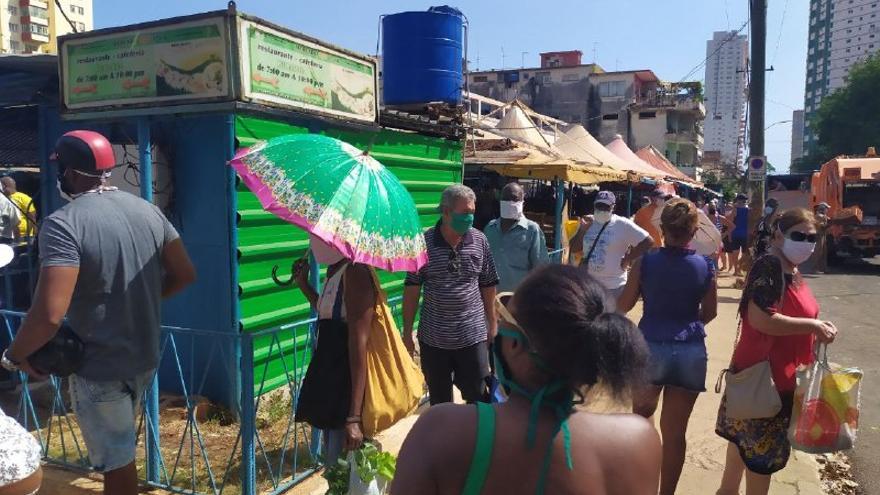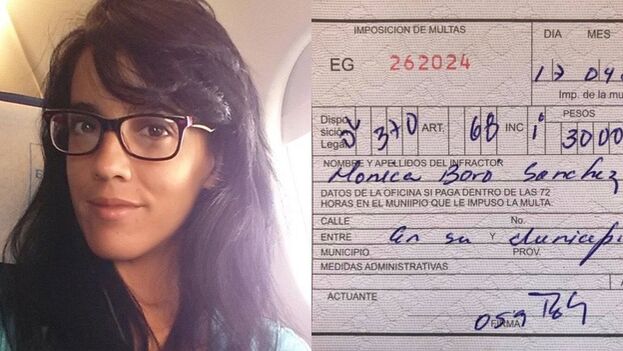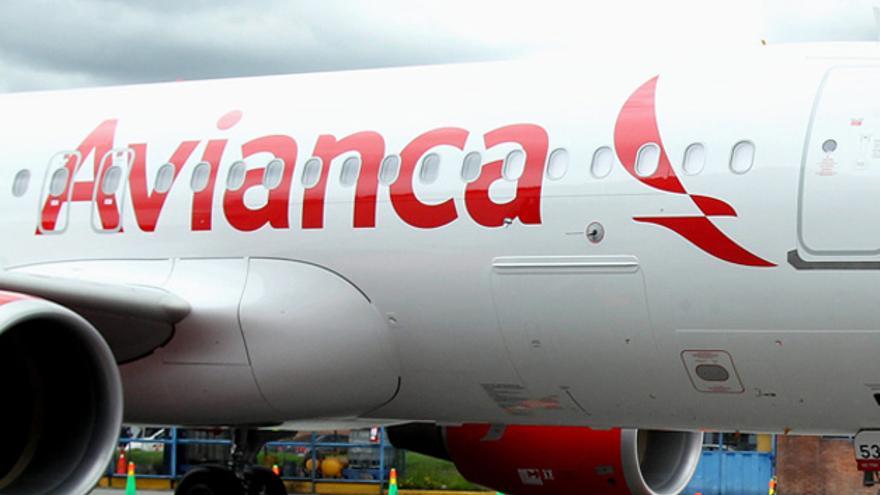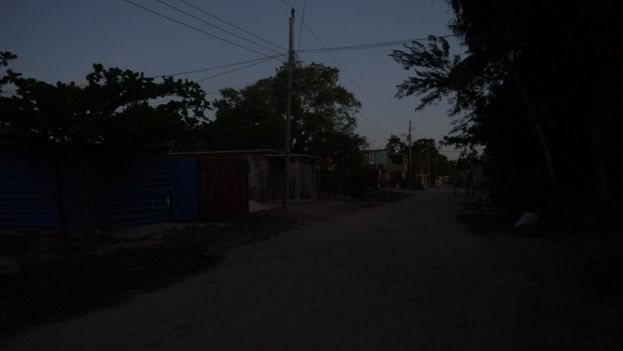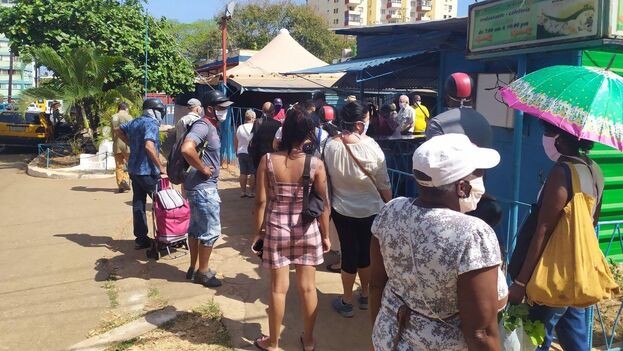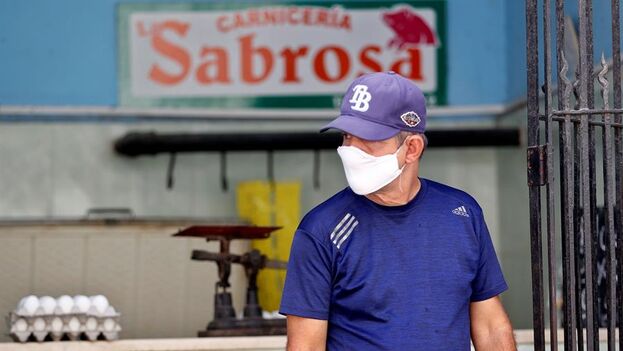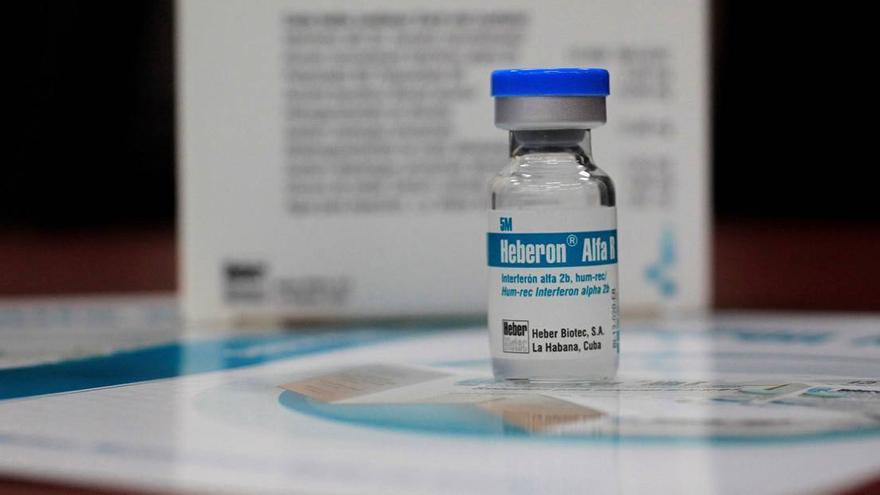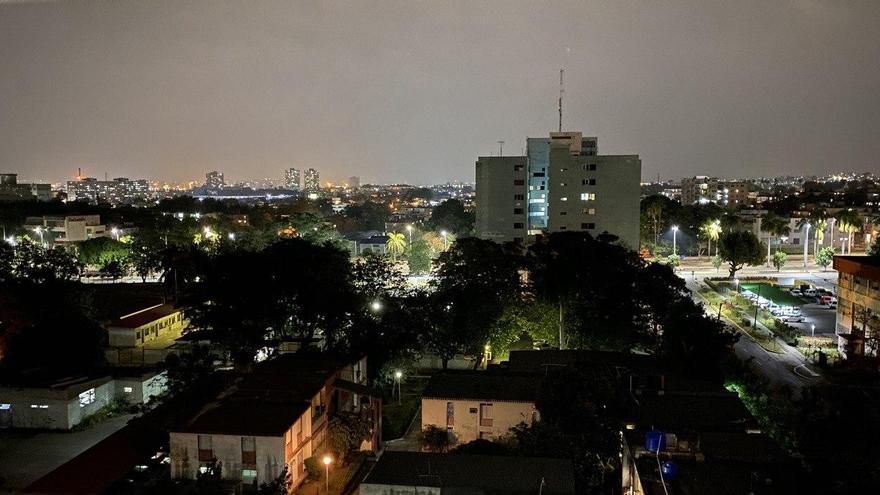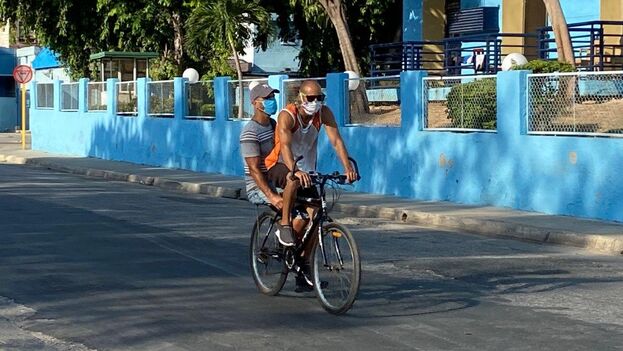
14ymedo, Bertha K. Guillén, Soroa, 25 April 2020 — Until recently, the highway to Soroa, in the province of Artemisa, was a continuous coming and going of vehicles loaded with tourists. The travelers supported the economy of most of the families in the area, but after the closure of the borders because of Covid-19, the locals are trying to adapt to a bleak scenario.
As the days go by, life becomes more difficult for those who rent rooms to foreigners, organize excursions through the impressive nature of the area, or offer food or transportation services. Where once there was liveliness, now you only see empty paths and worried faces.
The basic necessities are beginning to be scarce, and the savings have been diminishing little by little. Not even the most prosperous self-employed in the area manage to maintain the standard of living that their businesses allowed them until recently. continue reading
Soroa, in the heart of Sierra del Rosario, has been for years an ideal place for practicing nature tourism. Just one hour from Havana, it earned the name of “the Rainbow of Cuba” for the diversity of its ecosystem, which allows visitors to choose between horseback riding, hiking in the mountains, medicinal baths, and the enjoyment of orchids or bird watching.
Amid so much beauty, residents must now look for alternatives to meet basic food and grooming needs. Santiago, 58, has spent years selling orchids, an illegal but very common practice in the area. With the number of tourists plummeting, he had to start raising turkeys and Creole chickens to ensure at least food to eat. “We have to wait until this crisis passes and tourism returns, in the meantime we will have to invent,” he says.
The houses, which until recently offered quiet accommodation in contact with nature, gradually become gardens. Neighbors who formerly knew precisely when the high season began, what nationalities were coming the most, or where fresh fish and shellfish could be bought for travelers’ table, now have other concerns.
Finishing a flower bed has become the priority of María Caridad, an entrepreneur who is in quarantine with all her children in the house that until recently she rented to tourists. For years, the family has planted their root crops, vegetables and greens around the house because they do not have any agricultural markets nearby.
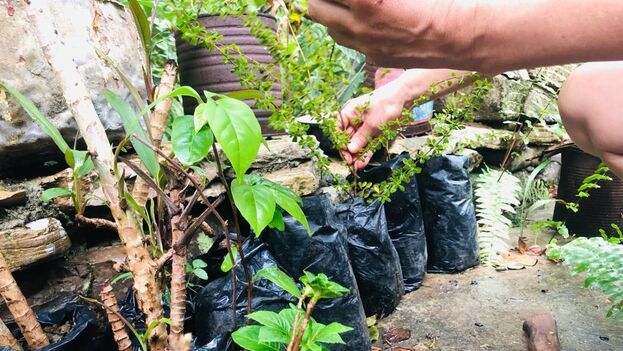
Thanks to this production, this month they have a good part of their food needs guaranteed but they have increased the planting rate in order to prepare for an uncertain summer, in which for the first time in a long time they will not have income from tourism.
“In this area there are no markets, no hard currency stores, you have to go to Candelaria,” María Caridad explains to 14ymedio. The town of Candelaria is located about 16 kilometers from her home and only a few vehicles pass by the road every day.
María Caridad’s children have helped her plant pumpkin, sweet potato, tomatoes, radish, cabbage, oregano, lettuce and bell pepper. “We have distributed seeds in the community so that everyone who has a little piece of yard also sows,” she says. However, there are products that they cannot achieve with their own efforts. “The lack of oil and toiletries like toothpaste and soap continues to hit us.”
In nearby Candelaria, for the moment, there is no positive case for Covid-19, but the pandemic has paralyzed the economic life of a mainly agricultural and swine-raising region that had been going through serious difficulties for months.
This April, the center of the small town is deserted and the fruit carts loaded with mamey, guava or bananas that rolled through the streets are gone.
Alejandro, 35, has started stacking dry firewood to make a charcoal oven. In other times he would be renting his horses to the tourists of the nearby houses or offering to transport them. With these activities, he supported his family, although his legal job is to cut fronds to obtain the palm that feeds the pigs.
“With the problems that there are with cooking gas and soon with electricity, coal will be needed,” predicts Alejandro. The man puts his hopes in the idea that charcoal will rise in market value in the coming weeks due to power cuts and a possible decrease in the supply of liquefied gas.
“In these towns no one is selling cooking gas on the streets and the contracts are few, people bring the canisters from Havana, but now with closed borders, charcoal is the best solution.”
A sack of charcoal can cost up to 60 pesos in Candelaria and reaches 100 pesos in the towns.
For Mariana, 35, the coronavirus has also been a life change. She has started making croquettes to sell door to door in her neighborhood after the rental house where she worked in cleaning closed to tourists. “I am a single mother. I tried to offer my services to wash and clean, but with this situation nobody wants people in their houses,” she regrets.
There is an air of uncertainty. Although in the last decades the region has been hit several times by hurricanes and intense droughts, in addition to suffering the ups and downs of flexibilities and restrictions on agricultural producers, the situation that has caused the coronavirus is completely new. Unlike those moments, few now dare to predict when this crisis will end.
Like a ghost, in the minds of Mariana and many others older than 30, are the memories of the crisis of the 90s. The mere idea of reliving moments similar to those caused by the Special Period frightens. “The situation is desperate. There are days when I would like to stay in bed and sleep, just to avoid stress, but I can’t.”
_______________________
COLLABORATE WITH OUR WORK: The 14ymedio team is committed to practicing serious journalism that reflects Cuba’s reality in all its depth. Thank you for joining us on this long journey. We invite you to continue supporting us by becoming a member of 14ymedio now. Together we can continue transforming journalism in Cuba.


